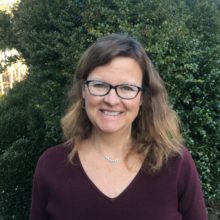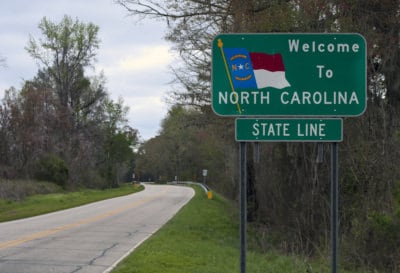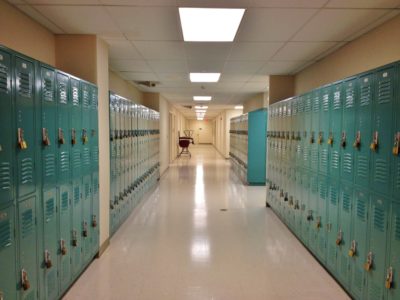

I am hopeful this year.
As one of 25 senior advisors for Crosby Scholars Community Partnership, a free college access program, I meet (virtually) with individual high school seniors to assist them with their college application process. On any given day, I’m inspired by the students I’m meant to guide. It’s really the best job ever.
Crosby Scholars helps sixth to 12th grade public school students in Forsyth County achieve in the classroom and community; apply to college and look for scholarships; and afford college with our need-based last dollar grants. All my advisees have, at a minimum, participated in Crosby Scholars since 10th grade—some since sixth grade. This means they have made school a priority, attended college preparatory academies, committed to remain drug-free, and completed at least two hours of community service each year.
Many students complete hundreds of hours of community service annually. You may have met a Crosby Scholar dropping off cookies to the Kate B. Reynolds Hospice House or preparing a meal for the Ronald McDonald House, serving in a soup kitchen or picking up trash in a neighborhood. They serve as Big Brothers and Big Sisters and have started tutoring/mentoring programs at elementary schools. Many of my advisees work, and for some, their contribution has been critical to their family’s well-being.
The students I meet with have GPAs from 2.5 to 4.54. They have applied to University of Pennsylvania, Howard University, Winston-Salem State University, UNC Chapel Hill, N.C. State University, Wake Forest University, Forsyth Technical Community College and many more.
My advisees are drum majors in their school bands and Eagle Scouts, members of the National Honor Society, football players, and swimmers. They sing in their church chorus and study art. They are hearing impaired and autistic. They have passions for American Sign Language, for working with special needs populations, for the environment, animal rights, Greek dancing, and piano. They want to study engineering and business, automotive technology and collision repair, construction management, early child education, medicine, and psychology.
COVID-19 has impacted all their lives. I have met students who have contracted COVID-19, and some whose parents have lost jobs due to the virus. Yet they continue to pursue their college plans, complete their applications, and search for scholarships.
In my advisees, I see resilience. This senior class has adapted to a pandemic-changed world. In spite of missing out on many senior year traditions, they’re engaging in their virtual classes, wearing masks to dance practice and volleyball games, visiting colleges online, and completing college interviews on Zoom.
One of my 2020 advisees was the first in his family to graduate from high school and will be the first in his family to attend college; some students’ parents speak little English. One of my first-generation college students, who plans to study nursing, has met with me weekly to ensure all the steps to pursue this dream are completed. This student is the oldest of five children in a single-parent family. The student works, volunteers, takes Career Center classes, and will earn a CNA certificate this spring.
The Crosby Scholars Program benefits 11,000 students each year, and we have 1,100 seniors set to graduate in 2021. For those who have unmet financial need to enroll in college, Crosby Scholars provides last dollar grants of up to $1,200 per year for up to four years. Thanks to our community partners and supporters, for 2019-2020, we awarded $989,095 in last dollar grants and scholarships to our college students. COVID-19 will impact our students’ financial need, especially that of our low-income students.
We continue to seek resources for ongoing support of our students to keep them on track for higher education. It’s a challenge nationwide. According to the National College Attainment Network, a National Student Clearinghouse Research Center report found “postsecondary enrollment overall declined 21.7%, while students from high poverty schools saw a 32.6% decline compared to last year.”
Through my advisees, I have hope. They want to change the world. When I hear their goals, see their determination, and learn they have been admitted to a school on their college target list, I have faith in our future.
In a year filled with uncertainty, Crosby Scholars give me hope.
For more information, visit www.crosbyscholars.org




